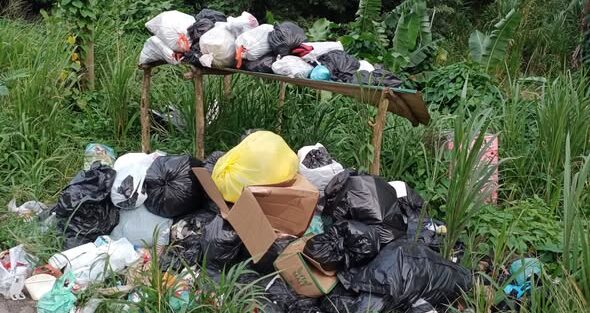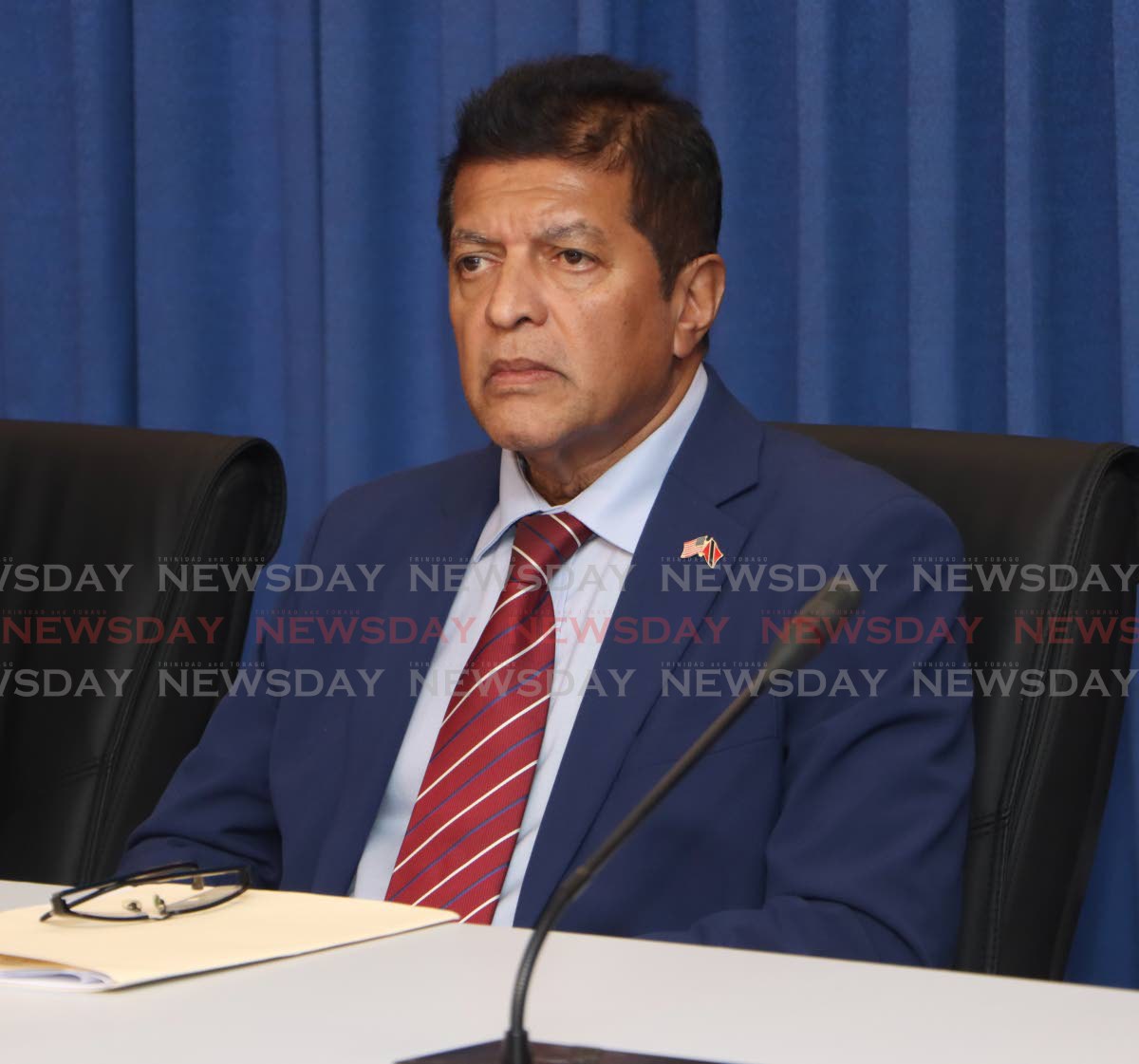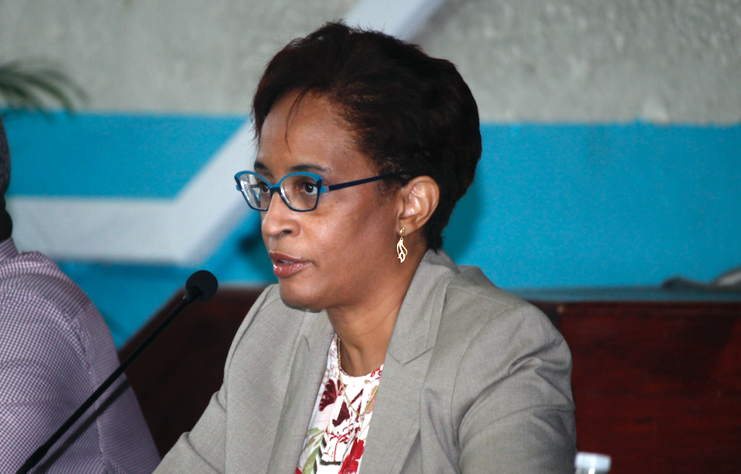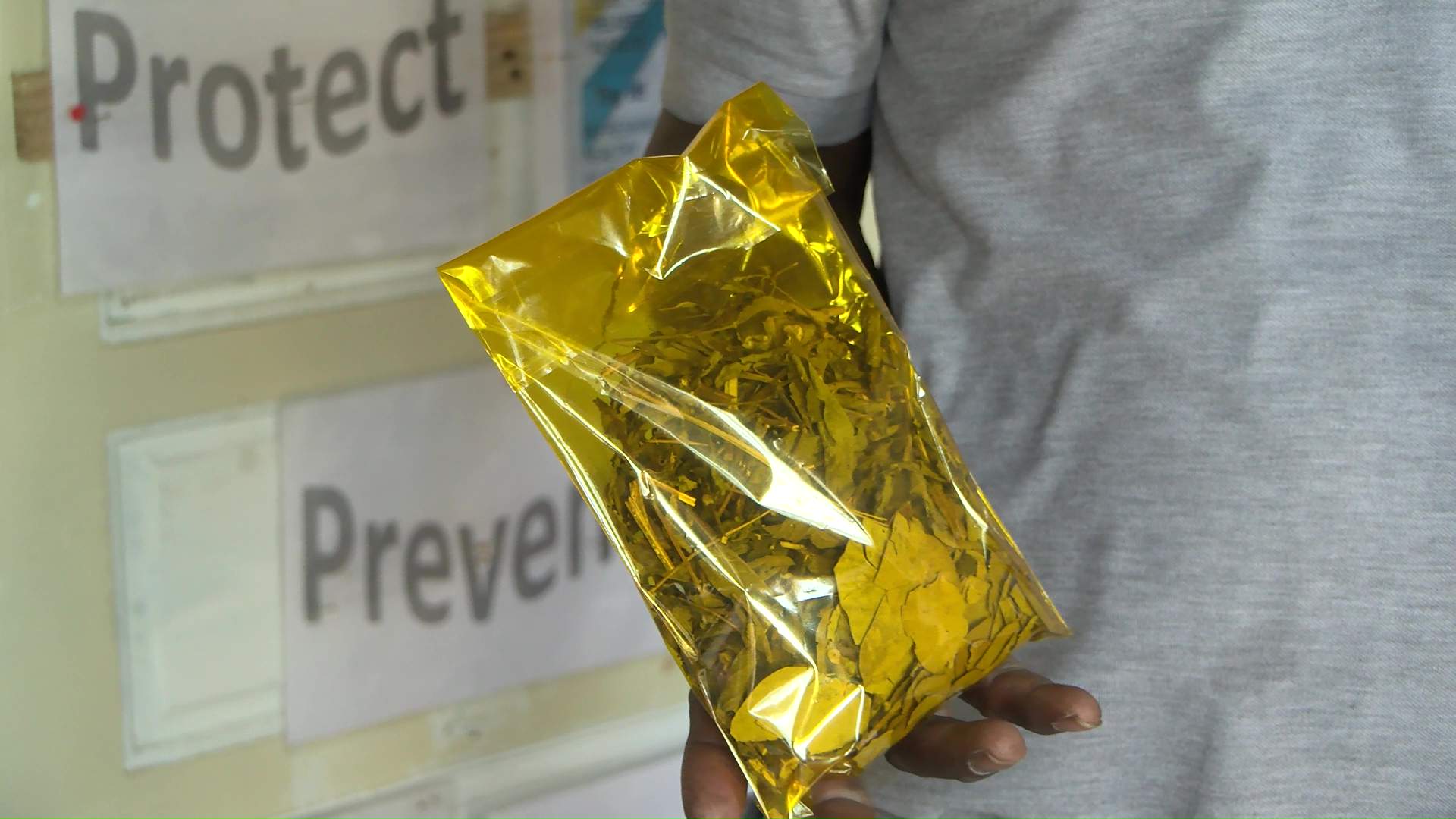Santo Domingo, Dominican Republic – Health authorities have documented a concerning pattern of substance-related emergencies during the recent holiday period. The Emergency Operations Center (COE) disclosed that 769 instances of alcohol poisoning occurred nationwide throughout Christmas and New Year celebrations, with a disturbing inclusion of 65 adolescents aged 11-17 among the affected individuals.
The comprehensive data emerged from the final assessment of the “Awareness for Life, Christmas and New Year 2025-2026” initiative, a preventive campaign orchestrated by health officials. In parallel findings, the COE tracked 163 separate incidents of foodborne illnesses during the same timeframe.
Despite the alarming statistics, authorities confirmed zero fatalities linked to these medical emergencies. In a positive development, officials noted an 8% decrease in alcohol intoxication cases compared to the previous year’s holiday statistics, suggesting that public awareness efforts may be yielding measurable results.
Geographical analysis revealed pronounced regional disparities, with Santo Domingo Province, the National District, and San Pedro de Macorís recording the highest incidence rates. Additional areas experiencing significant cases included San Cristóbal, La Altagracia, Puerto Plata, La Vega, and Sánchez Ramírez provinces, indicating a widespread national health concern.
The findings have sparked renewed discussions about public health strategies and underage drinking prevention, with health experts calling for enhanced regulatory measures and educational campaigns targeting vulnerable demographics.









